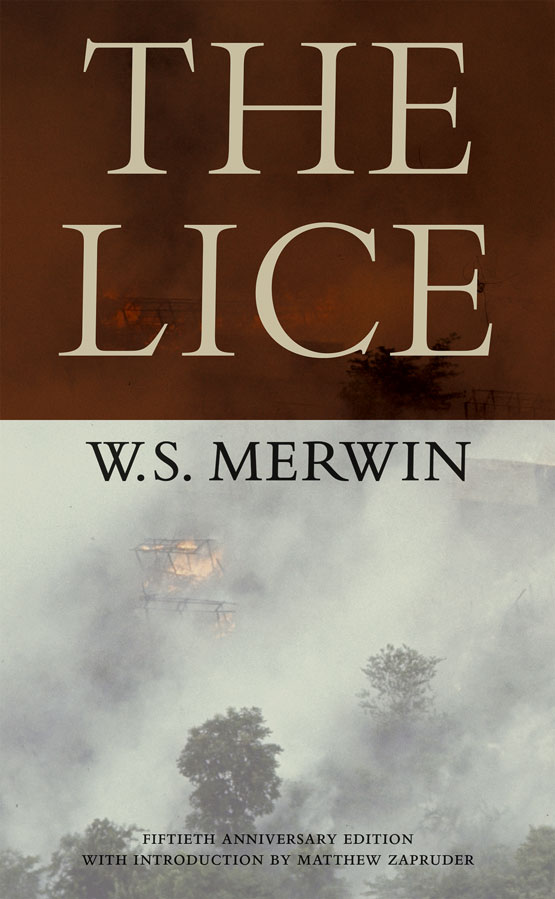I am struck here by the intimate address—a man writing to a whale—across the unbridgeable distance of language and species. The whale is his (and our) intermediary with the “great god.” That makes the poem a sort of prayer on which we, the human audience, are invited to eavesdrop. We are meant to hear with shame the speaker’s arrogant words: “Tell him/That we who follow you invented forgiveness and forgive nothing” and “Tell him/That it is we who are important.” We are meant to recognize our own arrogance and complicity. So “For a Coming Extinction” becomes a poem that’s both highly personal and idiosyncratic (“nodding stalks?”) and widely, politically public. It engages in the lyric tradition of prayer with its intimate address, while nonetheless speaking of grave public matters. Before the first Earth Day, way back in 1967, Merwin was speaking for animals and for biodiversity, and sounding a warning of the coming human extinction. Now as we live into the age of the Anthropocene, more and more likely to be the last age to be given a name, his warning is no less grave. Was he heard then? Is he heard now? Perhaps not widely, but how much does that matter? Merwin speaks prophetically and politically, still, addressing everyone, one at a time.
What Sparks Poetry is a new, serialized feature in which we invite poets to explore experiences and ideas that spark new poems. In the newest series, Life in Public, we ask our editors to examine how poetry speaks to different aspects of public experience.
What does it mean to say that a poet is, as C. D. Wright has put it, “one with others”? What is poetry’s place in the public sphere today, of all times? How has life in that sphere been expressed in poems? Is all published poetry public speech? What is a private poem? What is occasional poetry? What is political poetry?
With questions such as these in mind, we asked each of our editors to select a poem written by another poet that addresses an aspect of public experience—that celebrates, historicizes, memorializes, critiques, questions, or subtly references its public element—and to write about what interests and inspires them about that poem.
We are excited to present to you the resulting sixteen meditations on the private and the public, and how the intersection of these states sometimes results in poetry.
Jennifer Atkinson on Addressing Everyone, One at a Time
Writing Prompt
Write a poem about an issue from the public sphere. Rather than directly addressing a wide audience, let that readership “overhear” your words as you speak more intimately to a single particular listener.
— Jennifer Atkinson
Share This Post
Print This Post

Jennifer Atkinson
Jennifer Atkinson is the author of six books of poetry. The most recent, A Gray Realm the Ocean, won the Poets Out Loud prize, and was published by Fordham University Press in 2022. Individual poems have appeared in journals including Field, Image, Witness, Poecology, Tupelo Quarterly, The Missouri Review, and Cincinnati Review. She teaches in the MFA and BFA programs at George Mason University in Virginia. More at https://www.jenniferatkinsonpoet.com/.



